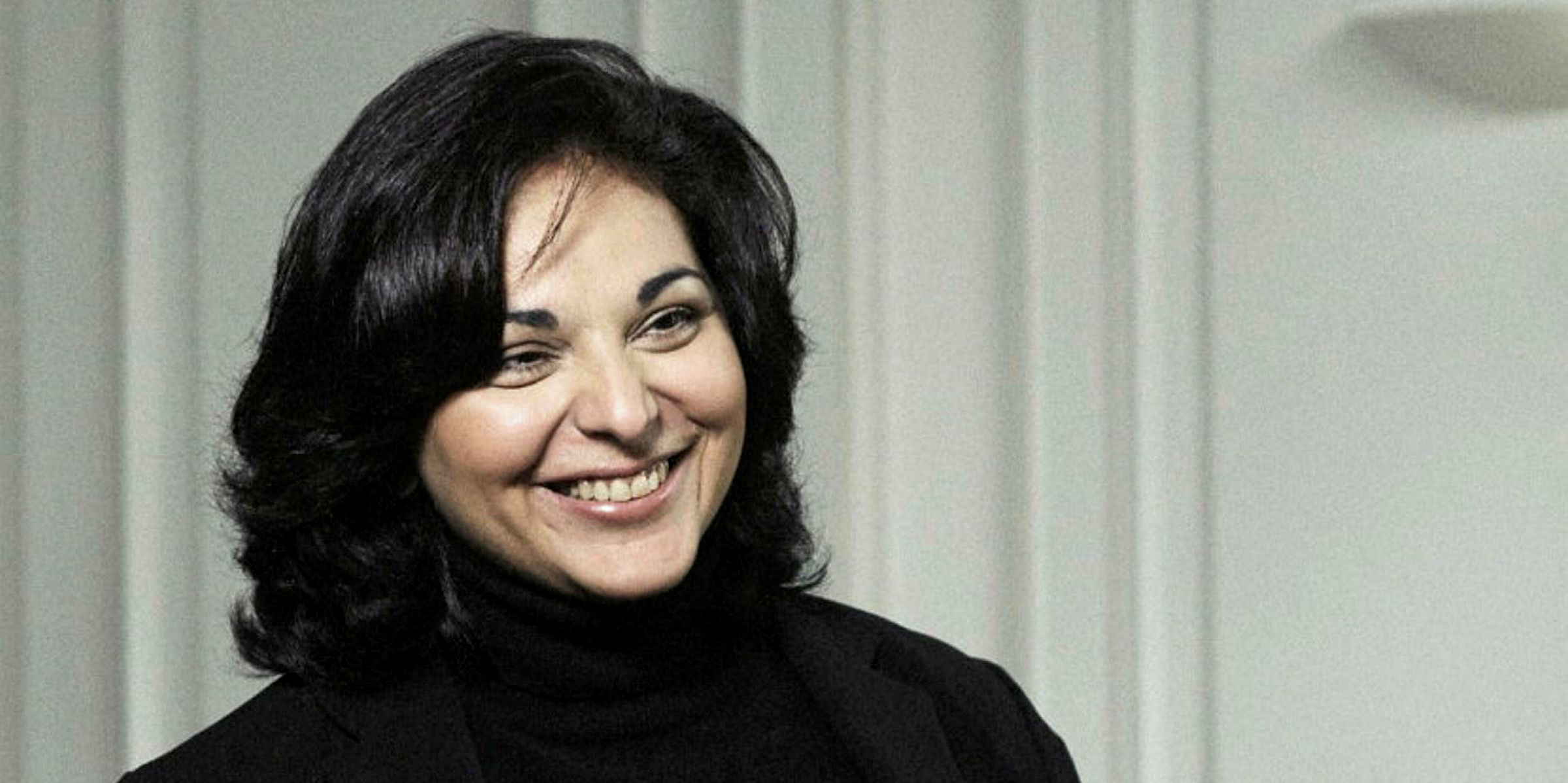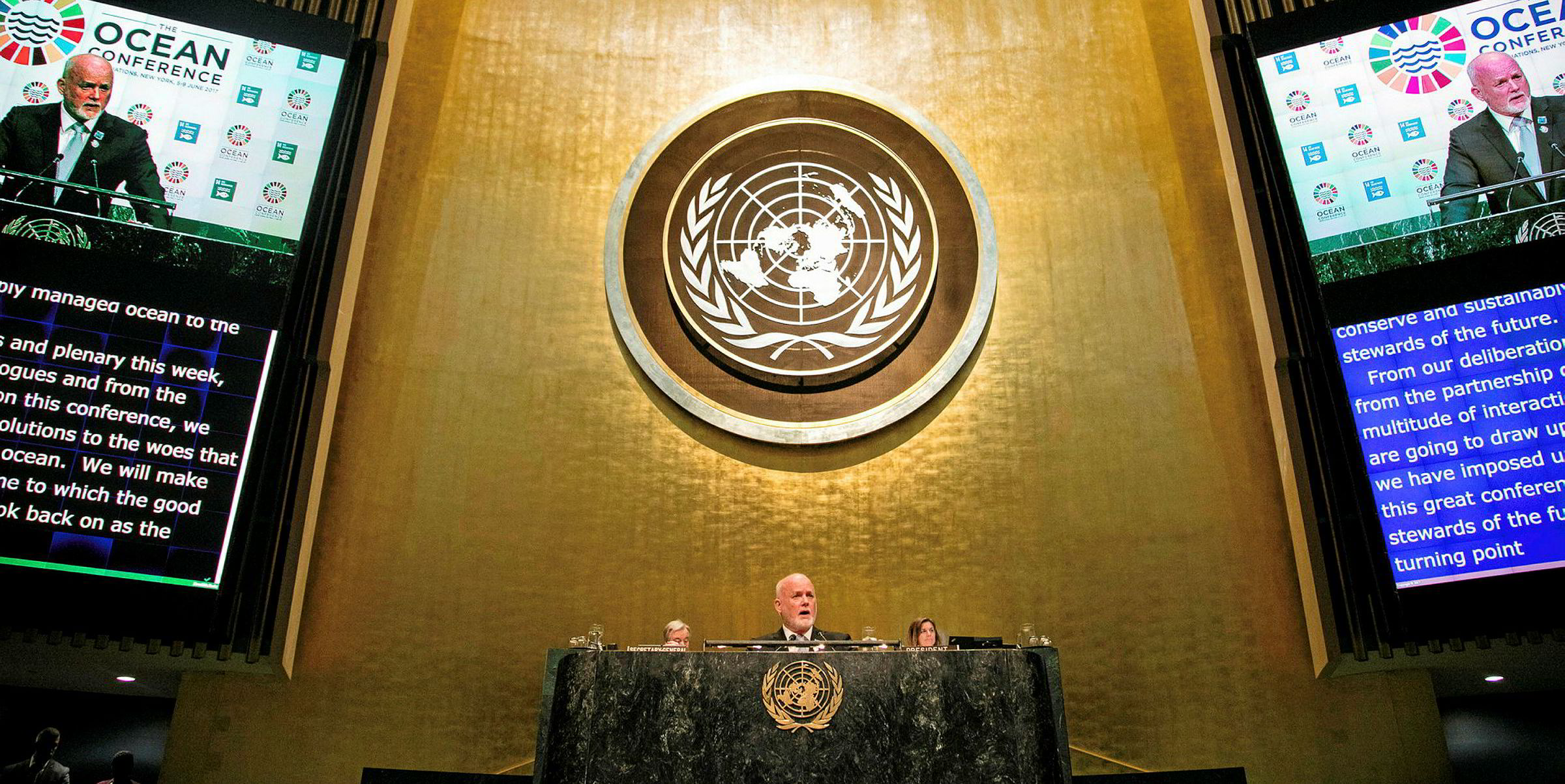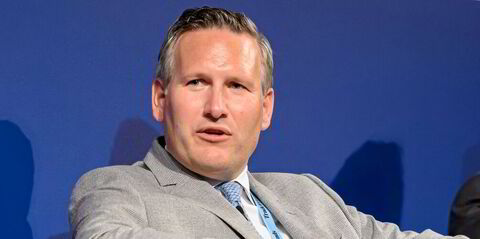A UK charity and law firm have teamed up to launch a new arbitration process to resolve human rights disputes at sea.
Human Rights at Sea and Shearman & Sterling hope to make the settlement of abuse cases affordable internationally.
The launch has been timed for Tuesday, which is the UN International Day for the Right to the Truth Concerning Gross Human Rights Violations and for the Dignity of Victims.
The move also coincides with a rise in seafarer abandonment cases during the coronavirus pandemic, as highlighted by the charity on Monday.
The main aim is to provide victims of human rights abuses at sea with access to an effective remedy, while at the same time combating impunity for the perpetrators.
The process will be victim-centred and follows on from Human Rights at Sea’s broader efforts to globally promote and develop more effective human rights protection for seafarers.
The charity's chief executive David Hammond told TradeWinds: "We are pushing boundaries again and seeing if we can find new routes to justice for those who do not have funds and whose voices are often lost in commercial business 'noise' where profit comes before people."
He described the initiative to TradeWinds as an "innovative drive to shape commercial arbitration as a means of effective remedy for human rights abuses at sea".
Rights apply the same as on land
Everyone at sea is entitled to rights
No maritime rules allow exemption
Rights established under treaty must be respected at sea
Human Rights at Sea said fundamental principles are not being adequately respected, complied with or enforced.
There remains significant evidence of widespread and systematic human rights abuses at sea, including slavery, sex trafficking, sexual assault, abandonment, and deprivation of basic labour rights.
Situation worsening
"That these issues of abuse at sea have persisted, and indeed, worsened despite the existence of a well-established body of international human rights law is a clear indication that human rights issues at sea require special attention," the organisation added.
Enforcement is more difficult at sea, Human Rights at Sea said.
The two sides want to produce a neutral and visible forum in which issues can be resolved in an efficient and affordable way.
They want the process to be highly specialised and tailored to the sensitivities of human rights issues as well as to shipping.
The awards will be enforceable internationally.
At the system's core will be flag states, port and coastal states and businesses.
Critical mass needed
"A critical mass of players representing some or all of these interests will be invited to provide open offers of consent to arbitrate human rights disputes," the companies said.
A roster of specially qualified human rights arbitrators would be maintained.
A white paper has been produced and, based on the feedback gathered from this, the concept will be further developed in subsequent stages, through draft rules.
At this stage, there has been no decision on where the service would be based.
Hammond said this has been in development for seven months and is now ready to be promoted.
"The original concept, born through our partnership with Shearman & Sterling, is a ground-breaking development aimed at empowering victims of abuse to gain often much-needed access to justice," he said.
Yas Banifatemi, partner at Shearman & Sterling and co-head of the firm’s international arbitration group, described the project as a groundbreaking development, for human rights protection and for international arbitration.
"This is yet another example of the significant value that arbitration has, among other ways, in helping to bring justice and the rule of law to people and to spaces that may not otherwise have sufficient access to them," she said. "We are very proud of this effort and are excited to see how it will progress through the next stages of development."




